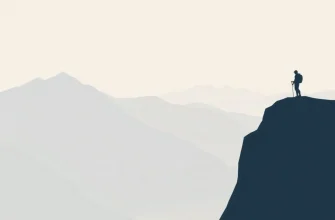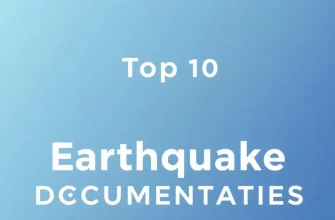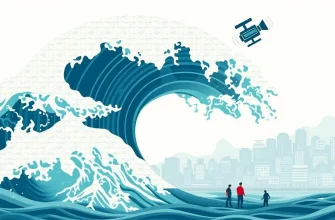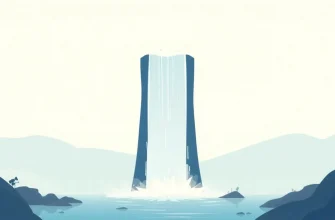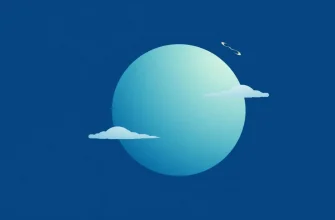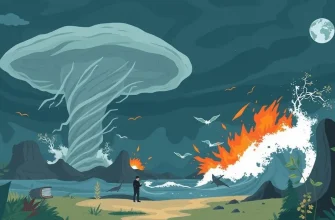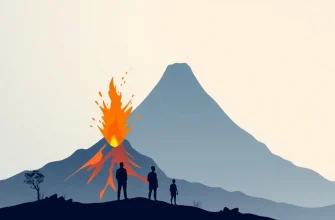Dive into the intricate tapestry of life on Earth with our curated list of documentaries that explore the delicate balance of ecosystems. From the depths of the oceans to the peaks of mountains, these films not only educate but also inspire awe and a sense of responsibility towards our planet. Each documentary in this collection provides a window into the complex interactions that sustain life, making it a must-watch for anyone interested in the natural world.

The Cove (2009)
Description: This documentary exposes the dolphin hunting practices in Taiji, Japan, shedding light on the impact of these activities on marine ecosystems and raising awareness about conservation.
Fact: The film won the Academy Award for Best Documentary Feature in
 Watch Now
Watch Now 
The National Parks: America's Best Idea (2009)
Description: This six-part series explores the history and significance of America's national parks, showcasing how these protected areas preserve unique ecosystems.
Fact: The series was narrated by Peter Coyote and features interviews with historians, park rangers, and visitors.
 Watch Now
Watch Now 
Chasing Ice (2012)
Description: This documentary follows photographer James Balog and his team as they document the disappearance of glaciers, providing visual evidence of climate change's impact on ice ecosystems.
Fact: The film includes time-lapse footage of glaciers melting, which has become iconic in discussions about climate change.
 Watch Now
Watch Now 
Blue Planet II (2017)
Description: A sequel to the original "Blue Planet," this series delves into the world's oceans, revealing new behaviors and ecosystems, showcasing the impact of human activity on marine life.
Fact: The series was filmed over four years, with some scenes requiring the use of remotely operated vehicles to capture footage in extreme underwater conditions.
 Watch Now
Watch Now 
Planet Earth (2006)
Description: This groundbreaking series by the BBC showcases the Earth's natural history in a way that has never been seen before, highlighting the beauty and fragility of ecosystems from the Arctic to the Amazon.
Fact: It took over five years to film, involving 40 camera teams and 71 different countries.
 Watch Now
Watch Now 
The Wild Parrots of Telegraph Hill (2003)
Description: This documentary follows Mark Bittner, a street musician, as he forms a bond with a flock of wild parrots in San Francisco, illustrating the adaptability of species in urban ecosystems.
Fact: The film was initially a self-funded project by Bittner, who lived among the parrots for many years.
 30 Days Free
30 Days Free 
Virunga (2014)
Description: Set in the Virunga National Park in the Democratic Republic of Congo, this film follows park rangers as they protect the park's endangered mountain gorillas amidst political turmoil.
Fact: The film was shot over 16 months, capturing real-time events and the dedication of the rangers.
 30 Days Free
30 Days Free 
The Ivory Game (2016)
Description: This film investigates the illegal ivory trade and its devastating effects on elephant populations and the ecosystems they inhabit, highlighting conservation efforts.
Fact: The film was co-produced by Leonardo DiCaprio, who is known for his environmental activism.
 30 Days Free
30 Days Free 
Our Planet (2019)
Description: Narrated by Sir David Attenborough, this Netflix series explores the natural wonders of our planet, focusing on the impact of climate change on various ecosystems.
Fact: The series was filmed in 50 countries across all seven continents, showcasing the diversity of life on Earth.
 30 Days Free
30 Days Free 
Earth: One Amazing Day (2017)
Description: This film captures a day in the life of Earth, showcasing the interconnectedness of life across different ecosystems, from the smallest creatures to the largest animals.
Fact: The film was shot in 22 countries, using state-of-the-art technology to capture unique moments in nature.
 30 Days Free
30 Days Free 

